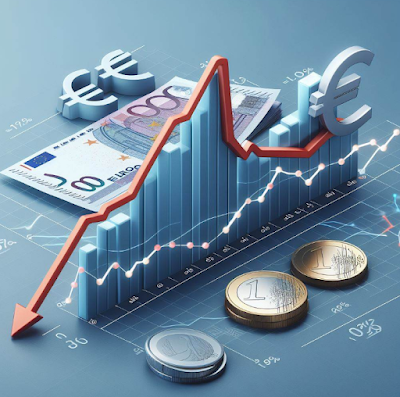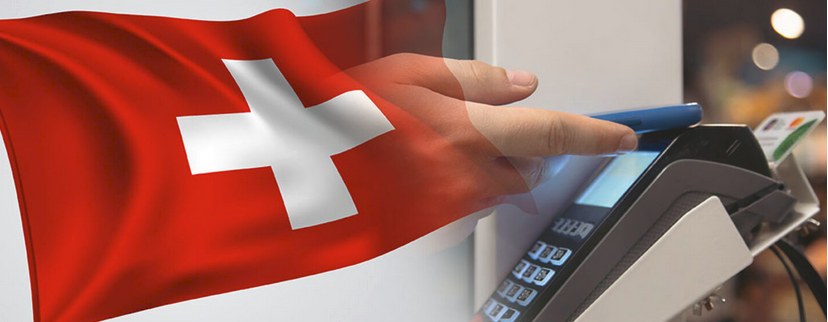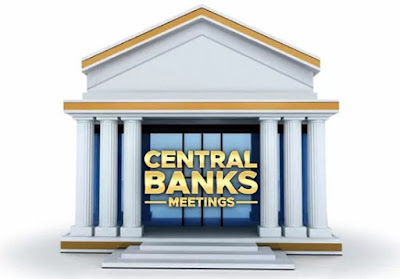
In Switzerland, where cash is king, a national crypto currency has failed to turn heads (Keystone) - Click to enlarge
Mounting calls for Switzerland to introduce a blockchain-based national cryptocurrency continue to fall on deaf ears at the Swiss National Bank (SNB).
Romeo Lacher, chairman of the SIX Groupexternal link that runs the Swiss stock exchange, recently added his voice to the debate by advocating such a virtual currency. “An e-franc under the control of the central bank would create a lot of synergies – so it would be good for the economy,” he told the Financial Times newspaperexternal link. “I don’t like cash.”
In response to these comments, the SNB repeated its message to the FT that it did not consider any need for such a move.
Several other countries have made announcements (some extremely vague) about adopting a national currency based on the decentralized blockchain ledger. The main advantage would be to allow people to make payments peer-to-peer without the need of middle men – thus reducing costs and increasing the efficiency of transactions.
Volatility cure?
Several cryptocurrencies already exist, but they are not currently backed or issued by central banks. It is thought that pegging a cryptocurrency to a national fiat currency, and having tokens issued by a central bank, would solve the issue of wildly escalating prices.
Bitcoin, the original and most famous cryptocurrency, surged in value from around $1,000 (CHF935) to $20,000 (CHF18,700) last year before falling back to below $7,000 in January. A single bitcoin currently trades at around $10,000.
Earlier this month, the Fintech Rockersexternal link think tank of Swiss financial professionals issued its vision of a Crypto Franc to be run on a national blockchain and issued by the SNB. This plan would also involve the Swiss financial regulator and cantons in supervising such a digital currency.
“Such blockchain infrastructure, carried jointly by all Swiss cantons, will have an equivalent catalyst effect as the initial introduction of the railway system or the creation of the Gotthard tunnel during the age of industrialization,” the document stated.
Grassroots support for a national cryptocurrency was also put forward by two leading academics from the University of Basel, speaking at the inaugural Crypto Finance Conferenceexternal link in St Moritz in January. But Aleksander Berentsen and Fabian Schärexternal link said they doubted whether Swiss authorities would risk the country’s reputation on such experimental technology, particularly with the current fears of cryptocurrencies being used for money laundering and other criminal ends.
International pilots
Sweden, where cash is being rapidly phased out, is one of the global leaders in this field, advocating an e-krona. Estonia is also planning an estcoin that would give the small Baltic state, which is already active in the blockchain field, a head-start in the national cryptocurrency stakes.
Venezuela has recently launched the petro – a digital currency backed by its oil reserves – and is reportedly planning a second coin backed by precious metals. It is also rumoured that Iran is considering a similar route.
But for the time being, at least, Switzerland’s appetite for a national cryptocurrency appears meagre in a land where cash is king, change happens slowly, and the economy remains steady.
Full story here Are you the author? Previous post See more for Next postTags: Business,newslettersent,Swiss National Bank




































